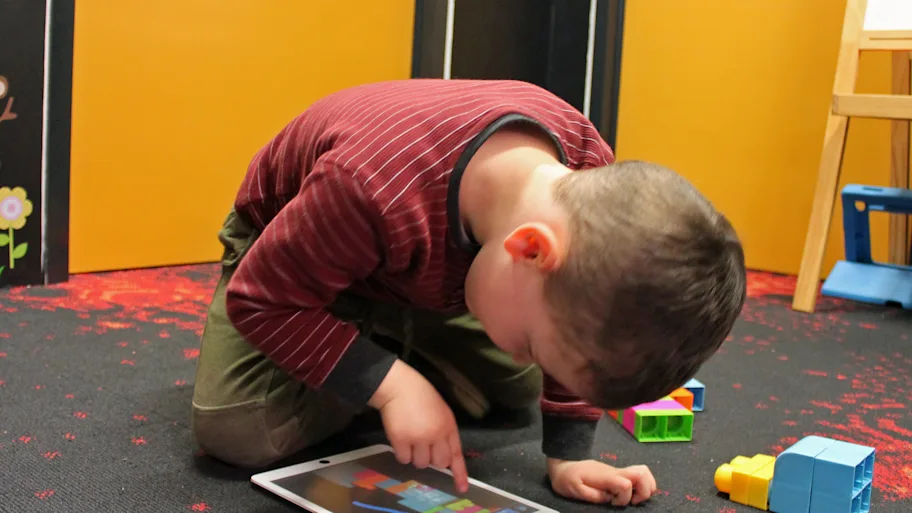
- Science news
- Psychology
- How can children’s active exploration of the world influence development?
How can children’s active exploration of the world influence development?

Challenging some established theories on child development, a collection of research articles—published in Frontiers in Psychology—shows how as a child learns to master motor skills, other areas of development can improve over time.
Research, published in Frontiers in Psychology, shows motor skill development impacts growth beyond physical health, such as language, math and social behaviour. Encouraging active exploration of the world is crucial for children’s development.
What is behind children’s learning and growth? While motor skills have long been thought critical for childhood development, scientists face a big challenge in developmental science: how can active exploration of the world with one’s moving body affect the brain and growth of non-motor skills such as social behavior, perception and cognition?
Challenging some established theories on child development, a collection of research articles—a Frontiers Research Topic—shows how as children learn to master motor skills, other areas of development can improve over time.
Brought together by Research Topic co-Editors Dr. Petra Hauf and dean of science at St. Franicis Xavier University in Canada, and Klaus Libertus, Ph.D. and research assistant professor in the department of psychology at the University of Pittsburgh, the special series of articles were published in the journal Frontiers in Psychology, under the Research Topic ‘Motor skills and their Foundational Role for Perceptual, Social, and Cognitive Development,’ and available as an open-access eBook.
One highlight of the work is that the relationship between motor skill and development of other skills change over time. “Motor skills seem highly related to other developmental domains during the first 3 years of life, but this relation seems to weaken or disappear as children grow older—with the one notable exception being a positive relation between motor and math skills that persists until at least age 6,” conclude the editors in their Editorial article.
In some cases, the body of work also raises the question whether motor delays play an important role in developmental disorders and mental health. For instance, applied research included in this Research Topic demonstrates that motor skills are indeed impacted in Autism Spectrum Disorders (ASD) and in depressive or anxiety disorders. As such, motor delays may be predictive of or elevate the risk for developmental disorders or mental health problems later in life.
But in other cases, researchers show how improving motor skills can positively impact other areas of development, in both typically developing children and in children with developmental abnormalities, such as in children with Cerebral Palsy.
“Motor skill development improves the child’s ability to act upon and interact with the world beyond movement,” summarize Hauf and Libertus.
The results encourage not only researchers but also educators and parents to re-focus attention on the contribution of children’s active exploration and engagement with the world to healthy development.
The work reminds us that physical activity is not only fun for the children but a fundamental part of healthy development. As seen by Hauf and Libertus, “motor abilities are often taken for granted and we fail to encourage our children’s activity by limiting tummy time in babies, by reducing recess at school, and devaluing physical education. This Research Topic demonstrates that the benefits of motor skills are more than just skin deep.”
As the Topic co-Editors, Hauf and Libertus are finalists of the Frontiers Spotlight Award, where the winners are granted with US$100,000 to host their own conference themed around their Research Topic.






